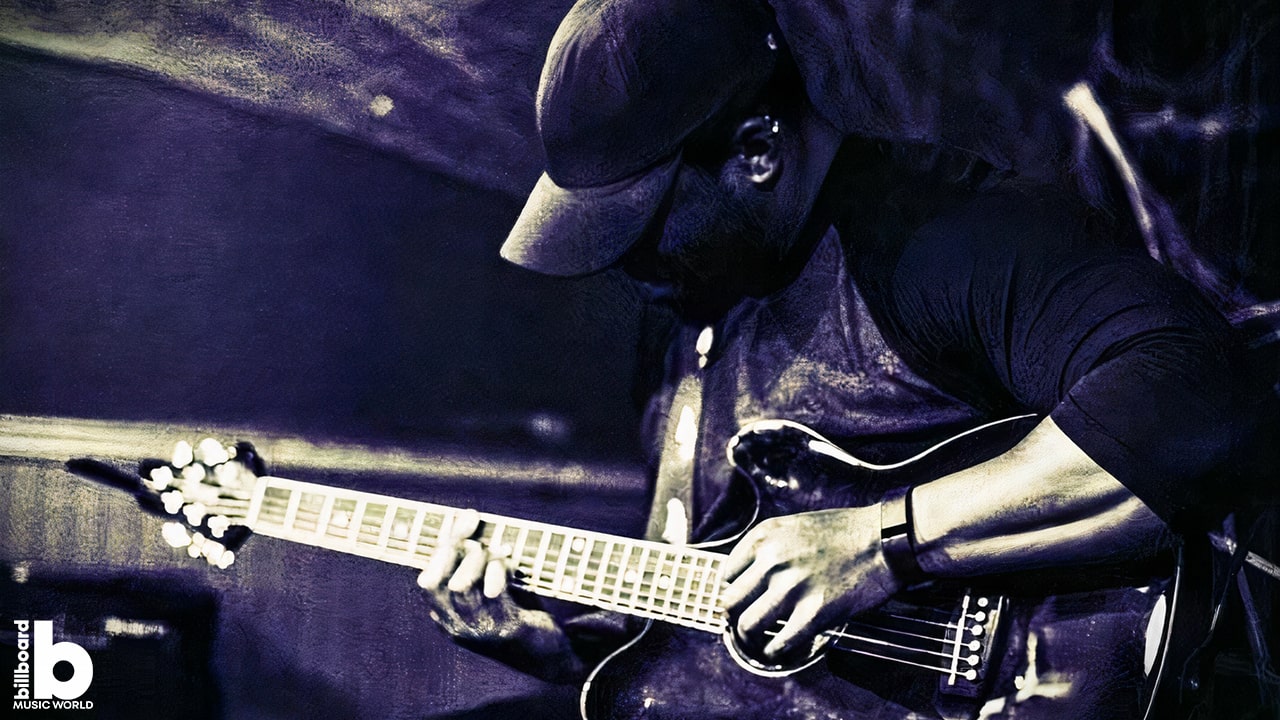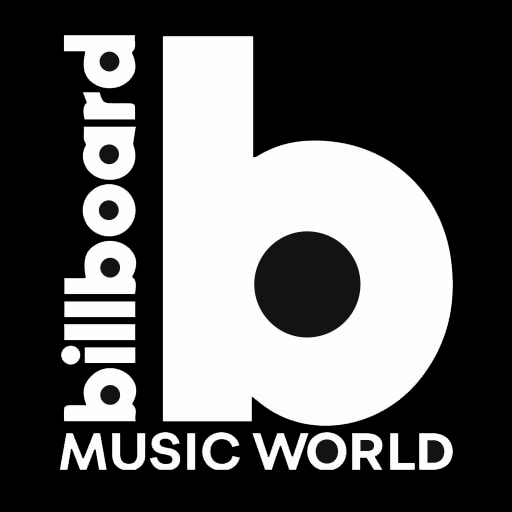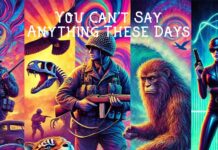What defines you as an artist?
I don’t consider myself an artist. I am a composer who has always made work for other artists. That’s why there are several demos on Synthesis: The Collection. They’re compositions I worked on with other artists in mind. I specify composer versus songwriter both because I write primarily for instruments and because I approach the voice as an organic instrument.
My strength has always been infrastructure when it comes to music. I’m a natural builder at heart. Songwriting traditionally treats vocals and music as separate entities that layer together. I treat the voice as a living instrument. Just like a violinist can make a broad range of sounds, by the way, the bow hits and glides across the strings, the voice does the same.
As a general rule, I prioritize phonetics over words. In the composition process, I write a melody for the vocal instrument and I use phonetics to achieve tonality as well as to integrate open and closed sounds, rests, accents, slurs, etc. By using vocal frequencies as an instrument instead of a separate entity, I believe I’m able to bring more to each composition than what people are used to hearing. I’m also a drummer, so I focus heavily on polyrhythm in every composition using every instrument. Instead of anchoring everything to the drumbeat as is typically done in music, each part has a dedicated percussive element and they all work together. If I anchor to any one instrument, it’s the guitar (even though my first instrument is the piano).

What first got you into music?
I’m a 4th generation percussionist. I started attending the Yamaha school of music in Canada for piano at age 2. That same year, I started playing drums and ultimately decided to go in that direction. What made it unique is there was no YouTube back then. I had no traditional instructional guide at that point other than watching my dad. At his live shows I would sit on his foot on his riser and watch him play. I was able to play constructive drums before I knew anything technical. As I got older and was able to learn from others, it helped hone it, but I had a natural aptitude for drums. I think that’s what made it so odd for people to see when I started performing professionally. They would see me on stage at 3 years old and I knew how to play, adjust, and adapt musically despite having no performance experience at that young of an age (or even knowing what performance is). I grew up going on tour with my dad. By age 7, I was playing professionally both at stadium shows with my dad and solo at jazz festivals and concerts. By the time I was 25, I had lived in 4 countries and traveled to perform music in 174 countries. Music has always been an integral part of my life.
How would you describe the music that you typically create?
The music I make is called Jank music. It is a sub-genre of pop I created that’s guitar-driven and incorporates at least 3 genres in each composition (one of which must be a form of pop). It got its name from a former college bandmate and good friend of mine. The music reflects my multicultural influences as a global citizen. Each continent to me has its own sound. I’ve not only visited many places but have lived and immersed myself in several different cultures. Simply put: Jank music is what feelings sound like.
What is your approach to songwriting?
I take the mental, emotional and physical sensations of life experiences and give them sonic form. If you think about the body and the mind, both contain complicated systems that can appear to contradict and confound each other when they’re disconnected and taken in isolation. But when they converge they create a living organism and make us who we are as individuals. The same goes for the music I compose. I use every instrument – both external instruments and voice, which I consider to be an organic instrument – to have both tone and percussion. When broken into individual parts, they sound off time, out of key, and like they don’t make musical sense. They also seem simple, but they’re technically challenging. I’ve had many very experienced musicians try to play and sing the parts I write and have great difficulty. They sound simple, but it’s deceiving when you break them down and try to execute them note for note. Only in the end, when all the parts are connected to one another, do they make sense as an entire composition. Some great examples of this are “Handle the Pressure” and “You Lose”.
What is the story of I Feel Like I’m Missing?
I Feel Like I’m Missing was written in the early 2000s. I composed the music and melody. At the time, I was in a music group called The OBC with a prolific lyricist, Jared Weiss (JMW), who wrote the lyrics for this song.

At the time, JMW wanted a strong musical foundation for his lyrics but didn’t have any songwriting or instrumental experience. A friend of mine heard JMW sing in the UF dorms and suggested that JMW connect with me. JMW sought me out as a result. Other people were noticing that I had a unique sound, including him. I wasn’t trying to be a teacher or mentor at any time to anyone – we were both University of Florida students at the time – but I was asked to do so and I was happy to help. Thus, The OBC started as an apprenticeship.
Even though JMW is an avid music fan and listener, his first exploration into writing original music and becoming proficient at guitar was through my infrastructure. I was able to use my sound to guide JMW and our collaborative works, but he was free and encouraged at every turn to forge his own unique style. I provided the compositional infrastructure for the vocal melodies and lyrics by composing rhythm-based melodic pathways, including punctuation and phonetics. I would then show JMW how to match those elements with words to craft final lyrics that aligned with the sonic structure. The same went for guitar parts that he would work on. The process was similar to the way that John Lennon used the rhythm and phonetics of Chuck Berry’s “You Can’t Catch Me” as the framework for the lyrics and cadence of The Beatles’ “Come Together”. JMW would use the infrastructure I provided to frame his lyrics and communicate his message.
As he became more proficient at the guitar, he embraced my musical style and chose to adopt it as his own. While unintended and actively discouraged on my part, I believe this was a natural and understandable result because my musical style was his introduction and foundation for playing guitar. This can be heard in the sections of rhythm guitar JMW contributed to I Feel Like I’m Missing, which perfectly match the style and tone of my larger composition. The lyrics of I Feel Like I’m Missing reflect the experience of JMW’s life at that time. His message and word choices set within my phonetic and musical scaffolding create the final and complete work.
I played and sang all of the parts on this recording except for some of the rhythm guitar which was contributed by JMW.
I Feel Like I’m Missing is the song for summer. The network of musical parts creates the cool, laid-back feeling of summer while retaining a certain level of tension. In my personal interpretation, it speaks to the contradiction of the freedom and exploration of summer with feeling nostalgic and homesick, which I think is a relevant theme, especially during these times.
Stream Now:
SoundCloud – https://soundcloud.com/thejankguitarstore/i-feel-like-im-missing-from-the-early-naughts-anthologyby-the-obc






